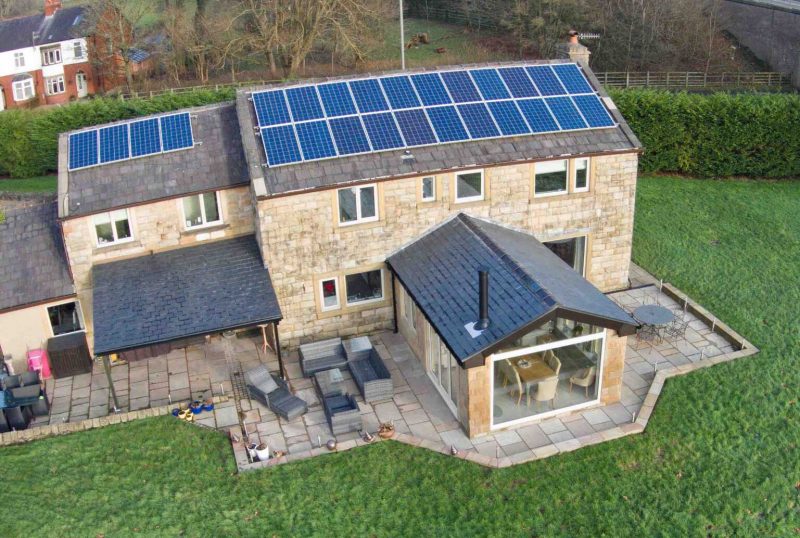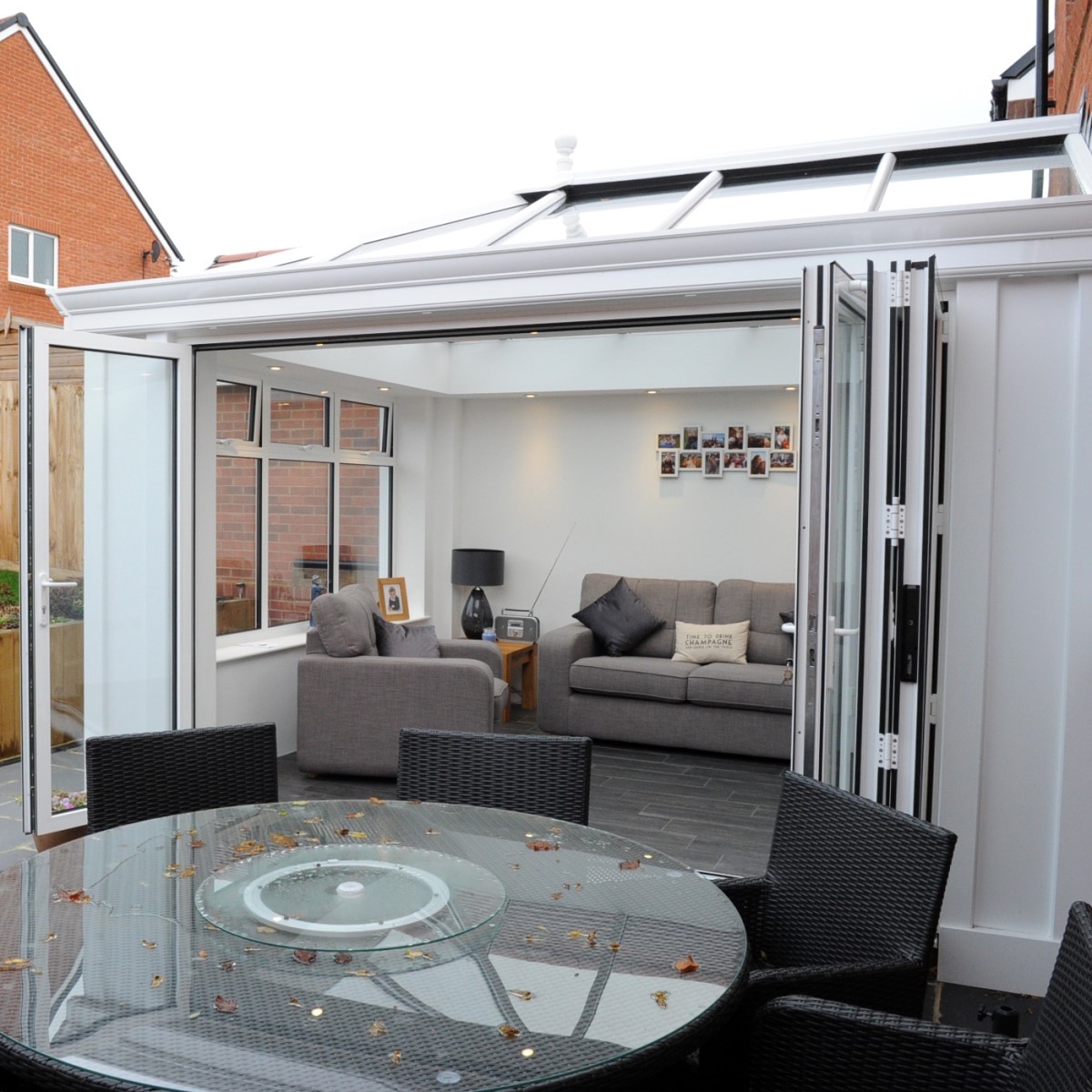Flexible Finance Options - Buy Now Pay Later (12 months Deferred Payments) or 12 Months Interest-Free
Find Out MoreWith increasing pressure to reduce our carbon emissions at home, coupled with soaring energy bills, if you’re wondering what you can do to reduce your energy consumption, you’re not alone! According to the latest figures from Ofgem, the average annual energy bill is currently around £1,042. However, yearly energy bills in England, Wales, and Scotland are set to soar by £693 this April. Plus, last year 1.5 million homes were purchased, with East Midlands house prices rising by 9.3% in 2021 compared to the previous year. Therefore, a thermally efficient home is sure to stand out to homebuyers who simply want to move in, rather than having to do the work themselves and spend more money in the process.
With all of this in mind, the first step towards a more efficient, cost-effective home is to identify the biggest drains of energy and then devise a powerful plan of action to start reducing unnecessary energy usage. But what exactly are the biggest drains of energy in a house?… Let’s take a look together.
What drains the most electricity in a home?
According to the Energy Saving Trust, the most energy-hungry electrical appliances found at home are:
| #1 Wet appliances | #2 Cold appliances | #3 Consumer electronics | #4 Lighting | #5 Cooking | |
| Average total energy bill cost | 16% | 12% | 7% | 6% | 4% |
| Examples | Washing machines and dishwashers | Fridges and freezers | TVs and laptops | Halogen bulbs | Ovens and kettles |
| Quick fixes | Lower temperature / Eco setting | Get a thermometer/upgrade | Turn off standby | Replace with LED bulbs | Use a microwave where possible |
What uses the most gas in a home? And how can I lower my gas bill?
According to Statista, 77% of UK residents keep warm using gas central heating. Mainly used for heating, hot water, and cooking, the most effective way to lower your gas bill is to upgrade your gas boiler. But if your budget won’t stretch that far, there are various things you can do to lower your gas bill, including:
| #1 Gas central heating | #2 Gas water heater | #3 Gas cooker | |
| Quick fixes | Turning down the thermostat by 1°C can save £40 per year | Slightly turn down the temperature | Adjust the flame to correctly fit the pan |
Generally, gas is considerably cheaper than electricity. When you compare the two, you’re looking at a cost of around 4.65p per kilowatt-hour for mains gas, whereas electric heat costs around 16p per kilowatt-hour.
What time of day is the most energy used?
Most people use energy in the evening between 6-9 pm, with the peak at 8 pm.
So, how can you limit the use of energy at home?
With mortgage lenders increasing focus on sustainability, high-ranking energy ratings can be worth as much as £40,000. So, other than the quick fixes listed above, what else can you do to reduce your energy usage?

1. Examine your energy usage
£227 million is wasted each year just by leaving appliances on standby! So, it really pays off to identify where your home is losing the most energy. Start by checking your latest energy bill and consider getting a smart meter for easy monitoring.
2. Provide regular meter readings
Monitor your daily usage by taking readings from your meter. Giving regular meter readings will also prevent generic estimates and avoid unnecessary higher prices for energy used before prices increases come into effect.
3. Draught-proof draughty glazing
Blocking gaps around windows and doors is a cheap way to save energy and money, saving around £30 a year. Draught-proofing an open chimney can save around £20 a year too.
4. Replace draughty windows and doors
Replacing draughty, rattling, and noisy windows with modern double-glazed windows can save around £110 per year on energy bills. New double glazing can also increase the average property value by 10%.
5. Replace your conservatory roof
Unsurprisingly, garden and outdoor spaces remain at the top of the homebuyers’ wish list. Old conservatories are often a source of considerable energy loss, especially if they have polycarbonate roofing. A modern conservatory roof replacement keeps as much heat in as possible, stays cool in summer, and a solid tiled conservatory roof replacement could add 10% value too.
Energy efficient windows, doors & conservatories in Nottingham, Derby & Leicester
Our entire home improvement range helps you to save energy, which reduces household energy bills, protects the environment, and enhances your home’s unique aesthetic all in one. For more information on how we can help to reduce your energy usage, contact the Stormclad team today.
Related reads:
What is the average UK home temperature in Winter?



